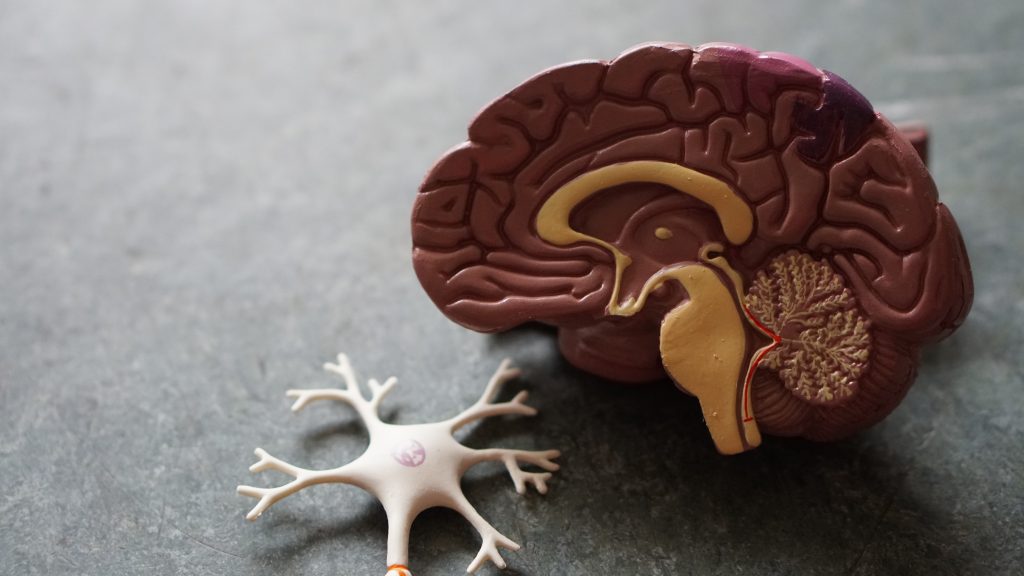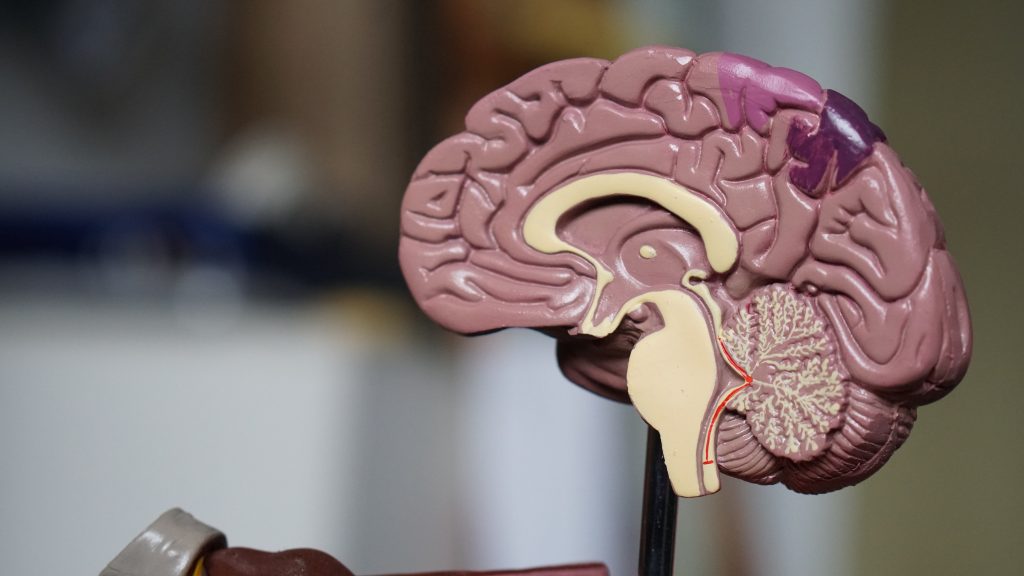They really don’t go well together
It’s no secret that a night of drinking can make your head spin, from the immediate brain high to the hangover-like feelings and headaches that frequently follow a little too much alcohol.
Headaches from a hangover are the least of your concerns. Drinking can damage the brain, according to scientists.
Research shows that alcohol is bad for the brain and that drinking less is a good idea.
What does science say about the impact of alcohol on the brain?
Long-term alcohol consumption is often associated with liver problems, heart disease, and various cancers, but research also indicates that alcohol may have a negative impact on mental health conditions or increase the risk of dementia and cognitive decline. On the other hand, reducing or eliminating it might benefit your brain.
When we drink, we see the world through rose-coloured glasses.
But that’s just the immediate result. Alcohol has a depressant effect over a longer period of time, and this causes tiredness, fatigue, and anxiety to take the place of the initial lift in mood.

Overwhelming evidence
There is more and more evidence that alcohol is bad for the brain and that drinking less is better.
Even small amounts of alcohol make it hard to sleep. Heavy drinking has been linked to depression for a long time.
One study involving nearly 40,000 adults discovered harmful associations between alcohol consumption and brain structure, even in those who only drank one to two drinks per day on average.
Even then, according to a review of research from the late 1990s that was just published, people with mood and anxiety disorders should avoid even moderate drinking because it “harms their clinical course and treatment response.”
Heavier drinking can hasten and amplify emotional ups and downs.
Stress and anxiety are problems that alcohol will temporarily numb it and make it go away, but it will come back stronger than ever.
The World Health Organization (WHO) published a comprehensive report on the negative effects of alcohol in 2018 and labelled it a “psychoactive substance” that affects different neural pathways and areas of the brain.
This means that drinking affects the brain both while the person is drinking and afterward. This can show up as increased confidence, lowered inhibitions, slower reaction times, and judgement impairment that can make things like driving a car much more dangerous.
Despite the overwhelming evidence that alcohol causes cancer, most people are unaware of the dangers associated with even moderate drinking.
According to a WHO report, there is a “high level of comorbidity of severe mental disorders with alcohol and other substance use disorders” and that alcohol use is a risk factor for mental health conditions. According to the report, medical literature also demonstrates that drinking increases the risk of cognitive impairment, depression, or suicidal thoughts.
According to research, heavy drinking may even mimic the negative effects of ageing on the brain.
In the 2022 issue of Nature Communications, which has one of the largest collections of high-quality MRI brain scans.
Nearly 40,000 adults took part in a study in the UK which collected MRI brain scans, to see whether even occasional drinking could change the structure of the brain in the same way that heavy drinking does. Heavy drinking has been linked to changes in the white matter of the brain that increase the risk of stroke and dementia.
The researchers discovered that even people who only had one to two drinks per day had a negative impact on brain structure. This effect became stronger as alcohol consumption increased.
Simply put, drinking-related effects are consistent with the effects of ageing.

The benefits of drinking less
According to a number of researchers, drinking less or not at all could help to lessen some of these negative effects.
Cutting back can result in greater mental clarity, improved mood, and improved sleep, and they all kind of go together, particularly if people are drinking, say, three or four drinks on average a day—or more.
When you sleep, your mood is better and your thinking is clearer. Therefore, the advantages are obvious.
Some people who have completely stopped claim it has improved their wellbeing.
One study examined people who were “highly dependent on alcohol” and found that those who stopped drinking reported improved anxiety, depression, and self-esteem at the six-month mark. The study was published in the journal Alcohol and Alcoholism.
You should think about brain health the same way we think about every other kind of health. The brain is the most significant organ in many ways because it determines who we are.
Are you concerned about your drinking? Speak with a therapist.
If you or a loved one is struggling with addiction, call Freephone 0800 140 4044
Freephone: 0800 140 4044
Local rate: 0300 330 3040



